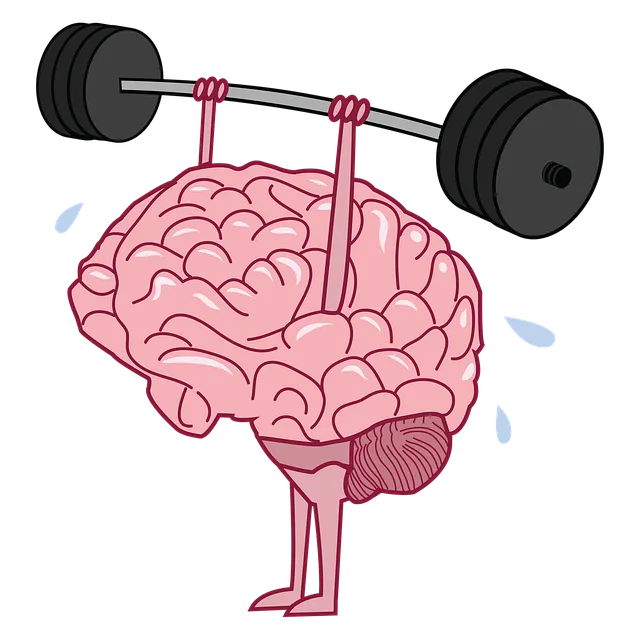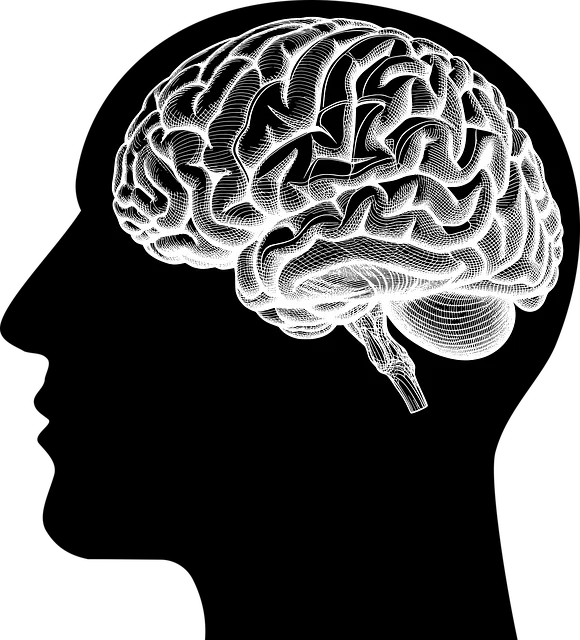Crisis Intervention Teams (CITs), crucial in Highlands Ranch communities, offer immediate mental health crisis support, reducing hospital loads and improving outcomes. Trained to handle diverse situations with cultural sensitivity, these teams align with Kaiser Permanente's focus on mental wellness. The organization's dedicated mental health number provides access to professionals offering crisis intervention and long-term solutions, including journaling exercises for stress reduction. CIT training programs, like those offered by Kaiser Permanente in Highlands Ranch, equip teams with vital skills for effective crisis management and emotional well-being promotion. The community-driven model combines local resources with Kaiser's services, fostering holistic support through programs like Mental Wellness Coaching. While these programs enhance de-escalation capabilities, they face challenges in practical application under pressure and staying updated with best practices in diverse communities.
In today’s fast-paced world, crisis intervention teams (CITs) play a vital role in communities across the nation. These specialized groups are trained to handle high-stress situations, offering immediate support and guidance during mental health crises. This article explores the essential components of crisis team training, highlighting programs like Kaiser Permanente’s mental health resources and the community-based Highlands Ranch model. By examining both benefits and challenges, we aim to enhance preparedness for effective crisis management.
- Understanding Crisis Intervention Teams: Their Role and Impact
- Kaiser Permanente Mental Health Support: A Key Resource
- Training Programs: Essential Components for Effective Crisis Management
- The Highlands Ranch Model: A Community-Based Approach
- Benefits and Challenges: Enhancing Crisis Team Preparedness
Understanding Crisis Intervention Teams: Their Role and Impact

Crisis Intervention Teams (CITs) are specialized groups designed to provide immediate and effective support during mental health crises. These teams play a pivotal role in communities, especially in areas like Highlands Ranch, where access to mental healthcare is crucial. CIT members are typically trained to handle diverse situations, from suicidal ideation to severe anxiety, offering a safety net for individuals in distress. Their presence can significantly reduce the burden on emergency services and hospitals, ensuring prompt intervention and better long-term outcomes for patients.
The impact of CITs extends beyond immediate crisis resolution. By fostering cultural sensitivity in mental healthcare practice, these teams promote understanding and empathy, especially when engaging with underrepresented communities. This approach aligns with organizations like Kaiser Permanente’s commitment to mental health support, emphasizing the importance of self-care routine development for better mental health. Effective CIT training prepares individuals to navigate complex situations, ultimately contributing to improved community well-being and reduced anxiety.
Kaiser Permanente Mental Health Support: A Key Resource

Kaiser Permanente Mental Health Support is a vital resource for individuals seeking crisis intervention and guidance in Highlands Ranch and beyond. This dedicated program offers a range of services designed to promote mental wellness and provide effective stress reduction methods. By dialling the Kaiser Permanente mental health number, locals connect with professionals who offer not just immediate assistance but also long-term solutions for improving mental health.
Their expertise includes offering Mental Wellness Journaling Exercise Guidance, which encourages individuals to reflect on their thoughts and emotions in a structured yet personal manner. This practice is a powerful tool for building resilience, helping people navigate challenging situations with greater equanimity. Through these programs, Kaiser Permanente exemplifies its commitment to fostering a community where mental health is prioritized and supported.
Training Programs: Essential Components for Effective Crisis Management

Crisis intervention team training programs are an indispensable tool for organizations aiming to handle crises effectively and promote a safe environment. These programs, designed by experts like those at Kaiser Permanente mental health number Highlands Ranch, go beyond surface-level responses. They equip teams with essential skills such as Stress Reduction Methods, Emotional Well-being Promotion Techniques, and Conflict Resolution Techniques, ensuring a comprehensive approach to crisis management.
Through interactive sessions and real-life scenarios, participants learn not just how to react but also how to prevent and mitigate crises. The curriculum often includes strategies for identifying early warning signs, de-escalation techniques, and effective communication skills. By fostering these competencies within teams, organizations can create a culture of resilience and support, ultimately enhancing overall operational efficiency and the emotional well-being of their members.
The Highlands Ranch Model: A Community-Based Approach

The Highlands Ranch Model is a community-based approach to crisis intervention that has gained recognition for its innovative and effective strategy. This model, pioneered in the vibrant community of Highlands Ranch, Colorado, emphasizes collaboration between mental health professionals, local organizations, and residents. By integrating Kaiser Permanente’s mental health services with community resources, this initiative ensures accessible and comprehensive support for individuals facing crises, particularly those related to mental wellness.
This unique program promotes a holistic view of crisis intervention by combining professional guidance with self-care routine development. Mental Wellness Coaching Programs and Journaling Exercises play a pivotal role in empowering individuals to take an active role in their mental health. The model encourages community members to learn from one another, fostering a supportive environment that enhances the overall well-being of its residents. This collaborative effort has been instrumental in addressing mental health challenges, as evidenced by the growing interest in replicating this successful strategy in other communities.
Benefits and Challenges: Enhancing Crisis Team Preparedness

Crisis intervention team training programs play a pivotal role in enhancing community preparedness to manage mental health crises effectively. Through these initiatives, teams learn essential skills like Conflict Resolution Techniques and Emotional Healing Processes, empowering them to de-escalate situations promptly. The programs also foster Self-Esteem Improvement among participants, boosting their confidence in handling challenging scenarios with empathy and professionalism.
Despite their numerous benefits, these training sessions come with unique challenges. Balancing theoretical knowledge with practical application is crucial; teams must translate learning into real-world actions during high-pressure crises. Moreover, ensuring continuous updates and recertification to stay current with best practices is essential, especially considering the dynamic nature of mental health support needs in diverse communities, like those served by Kaiser Permanente mental health number Highlands Ranch.
Crisis intervention team training programs, such as the Highlands Ranch model, are essential for fostering community-based crisis management. By equipping individuals with the necessary skills and knowledge, these programs enhance preparedness and improve outcomes for those in mental health distress. Organizations like Kaiser Permanente play a pivotal role in promoting mental wellness by offering support services and resources that can be leveraged during critical situations. Through continuous training and adoption of innovative models, communities can create a network of care, ensuring that everyone has access to timely assistance when facing a crisis.






